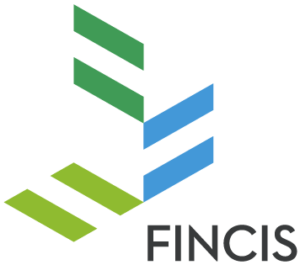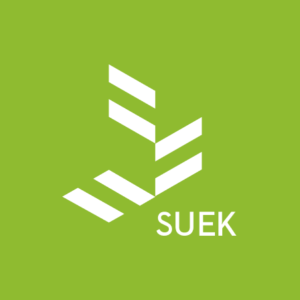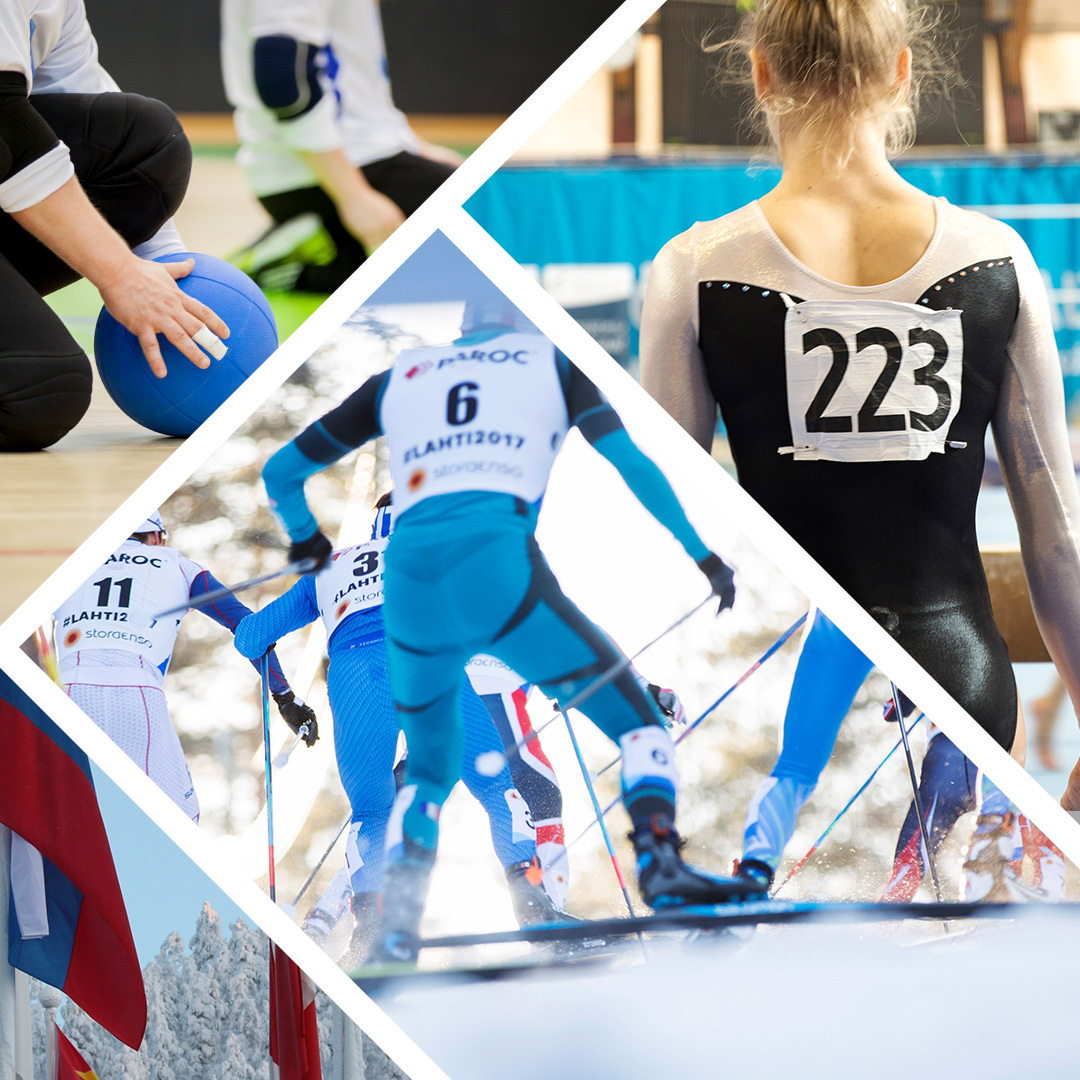The anti-doping programmes of national sports organisations and sports institutes are a strong public statement for clean sports. The programmes motivate and support commitment to high-quality anti-doping activities. They define the methods and goals of effective anti-doping activities. By international comparison, Finnish sports organisations are advanced anti-doping parties. Their programmes have attracted a lot of interest and reinforced Finland’s position as a pioneer in anti-doping activities.
The primary aim of anti-doping activities is to promote a negative attitude towards doping and other violations of fair play among sports stakeholders through education and communication. All stakeholders must collaborate to keep sports clean. Implementing an anti-doping programme of their own is a natural way for sports federations and sports organisations to take responsibility and prove that they support clean sports.
Anti-doping programmes of sports organisations
National sports organisations and their members play a key role in promoting clean sports. From the beginning of 2015, Finland’s Anti-Doping Rules obligates sports organisations to establish anti-doping programmes which they must implement, evaluate and, if necessary, update. FINCIS evaluates and reports the programmes of the sports organisations and their implementation to the Finnish Ministry of Education and Culture. The evaluations are taken into consideration when granting state subsidies for the sports federations. The latest programme evaluation was performed in 2018.
The anti-doping programmes of the sports organisations are based on the organisations’ strategic choices as well as the principles of fair play. The anti-doping programme of each organisation is different depending on the number of participants, the characteristics of the sport as well as the education systems. FINCIS publishes the anti-doping programmes of different sports organisations on its website to help other federations design their own programmes.
In their respective anti-doping programmes, the organisations define their activities’ methods, responsible persons and target groups, including club officials, young athletes, disabled athletes and coaches. The anti-doping programme is typically verified by the Board of the sports organisation. Once a programme is established, the organisation must ensure that information about the programme is distributed and that parties are committed to the programme. Themes related to anti-doping work must be included in the action plan and reported in the annual report.
FINCIS has updated the criteria for anti-doping programmes (04/2015), designed to help organisations plan and implement their own anti-doping programmes. FINCIS also comments on the programmes before they are made public and, consequently, helps organisations establish the best possible anti-doping programmes. FINCIS has agreed to comment on the anti-doping programme of each organisation within two weeks of receiving a programme. Programmes can be submitted to the FINCIS Communication Manager for comments.
Clean Win sports institutes programme
It is also advisable for sports institutes, who have a key position in the training of athletes, as training grounds for top athletes, and as international meeting places for people interested in sports, to establish their own anti-doping programmes. The programmes are a strong statement from Finnish sports institutes: doping is not welcome here. By establishing their own anti-doping programmes, sports institutes also improve their skills in anti-doping activities and strengthen their ethical values.
The anti-doping programmes of sports institutes emphasise education. The people responsible for anti-doping activities appointed by sports institutes coordinate the anti-doping activities of the institute, arrange training and, for example, request additional training services from FINCIS. Information and education about doping outside elite sports can be requested from Dopinglinkki. The anti-doping education and training sessions of sports institutes are arranged with material and content approved by FINCIS.
The sports institutes who have established an anti-doping programme and signed the agreement are allowed to use the Clean Win sports institute logo (Puhtaasti paras urheiluopisto – Doping free) in their activities. In addition to education and training, the purpose of cooperation is to improve the quality of doping control in the facilities of the institute and in areas designated for sports. The staff are trained to detect signs of doping and to address the issue appropriately. In addition, the sports institutes must disclose the room information of the athletes committed to the Anti-Doping Rules accommodated at the institute upon a request from an authorised doping control official.
The Association of Sports Institutes of Finland (ASIF) and the sports institutes of Varala and Vierumäki have cooperated with FINCIS in compiling a manual for the anti-doping programmes of sports institutes (Urheiluopistojen antidopingohjelmat). The purpose of the manual is to assist the anti-doping programme efforts of sports institutes. FINCIS will comment on the anti-doping programmes of each sports institute within two weeks of receiving a programme. Programmes can be submitted to the FINCIS Communication Manager for comments.
The future of anti-doping programmes
A new edition of Finland’s Anti-Doping Rules will enter into force in 2021. FINCIS will update the criteria for anti-doping programmes in order to make them consistent with the Rules and national standards. The anti-doping programmes will become more comprehensive as, in addition to anti-doping activities, the criteria will include specifications related to manipulation of sports competitions and spectator comfort and safety. The criteria and programmes are being developed by pilot organisations in cooperation with FINCIS. The goal is to make the new criteria public at the turn of the year.




